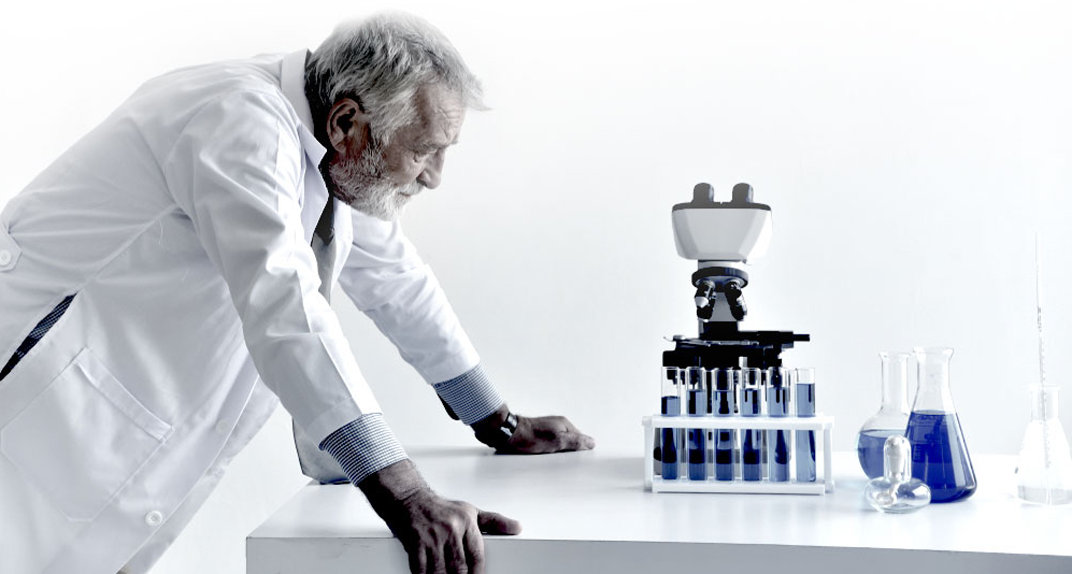Can Pop Science Cure Addiction?

Can science cure addiction? This is one of those age-old questions. Highly debated. Constantly contested. Rarely agreed upon. We’re always hearing about the scientific research studies where scientists are able to supposedly “cure” addiction in lab rats. Some believe that the same scientific practices could be applied to humans. Others believe that humans are not rats and that what worked on rats won’t work on humans. Taking a single aspect of a scientific study and calling it a potential cure may be popular, but science simply densest work like that.
The back and forth debate on whether modern science can find a “cure” for addiction relates back to a basic disagreement on the factors of addiction themselves. If you believe that addiction is entirely a physical problem, a disease of the brain, and nothing more, then yes, from that perspective it is likely that science can cure addiction. But if you are of a more spiritual sort, if you believe that addiction has its roots stuck in something far more elusive and quite outside of the reach of the sciences, then science alone would not be able to find a cure for addiction.
What a lot of people do not know is that at the end of the day, both of the above viewpoints on addiction are not entirely correct.
The Truth About Addiction
Addiction is a complex affliction. It has its roots in both the physical, physiological composition of a person, but it also has its roots in the mental, psychological, and spiritual nature of a person. What the above theories get wrong about addiction is that they attempt to compartmentalize it into one category or the other, labeling it as one thing, probably in an effort to make it easier to confront.
Unfortunately, that is just not how addiction is.
Addiction is a crisis, an affliction, a nearly unbreakable habit of both the body and mind. So, technically, science cannot and likely will never be able to “cure” addiction, as science rarely wanders into the field of spirituality, personality, and conscious, cognitive thought.
When a person struggles with an addiction to drugs and alcohol, they are steeped in not only a powerful, mind-altering, physical dependence on the substance to which they are so heavily connected but they are also hooked-in mentally. By this is meant that they are consciously using a substance to accomplish some end on a mental and spiritual plane. Whether it is to escape a personal difficulty, a feeling of low self-worth, a problem within a relationship or at work, an overall unhappiness with life, etc., there is always a personal, mental, or spiritual incentive and compulsion behind substance abuse.
Freeing People from the Trap that is Drug Addiction and Alcoholism

Freeing people from the trap of drug use and alcoholism is a lengthy and complicated process. It involves first assisting the individual through a full detoxification and withdrawal off of whatever substances they are hooked on. It involves working with the person to really help them purify their body from the negative effects of drugs and alcohol. And no, there is no miracle drug or scientific solution to shortcut this. It is a delicate and complicated process, but it does work, and it does work well.
The next step is to address the plethora of spiritual, mental, and psychological implications of drug use. This is a process where rehabilitation staff assists a recovering addict in getting down to the underlying issues that caused addiction in the first place and addressing them. It is also a process of helping a recovering addict to rebuild life skills, coping strategies, and cognitive abilities in preparation for the many challenges that are attendant with life after rehab.
Sources:


 ®
®